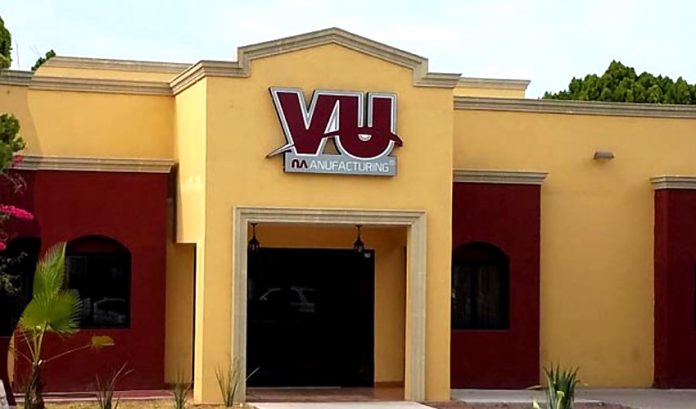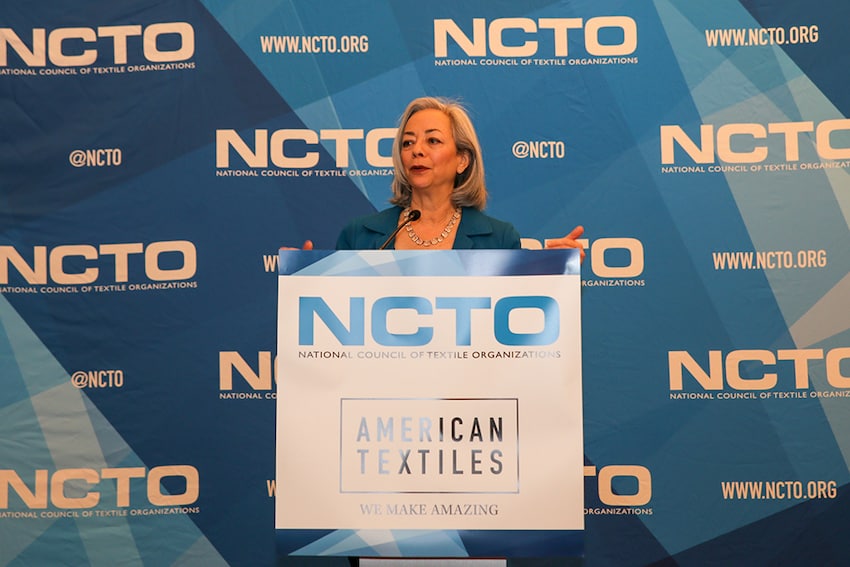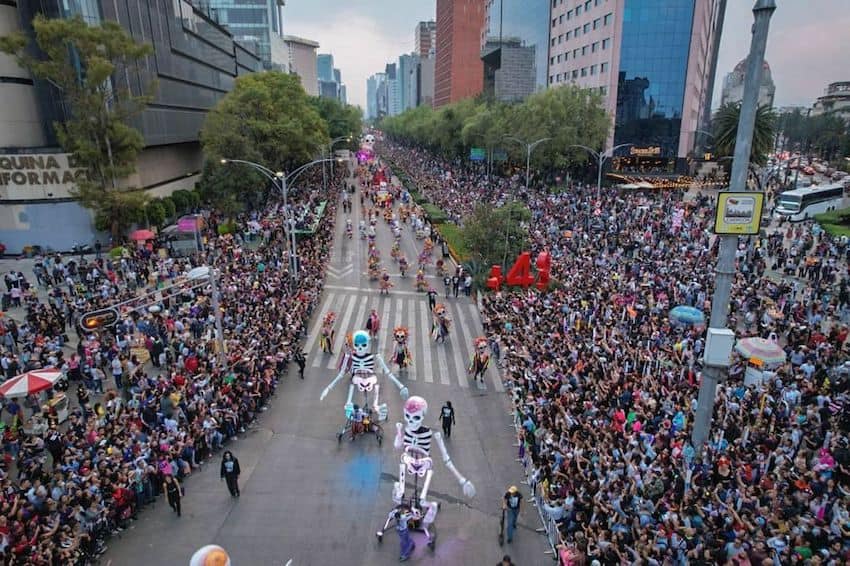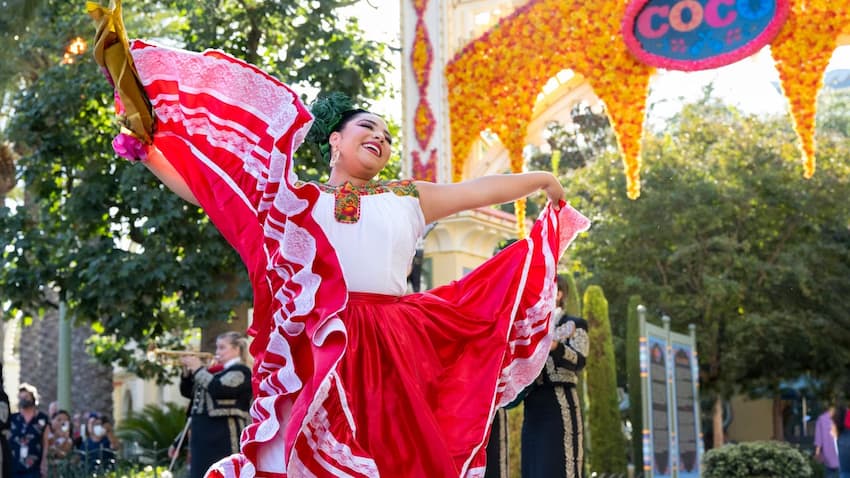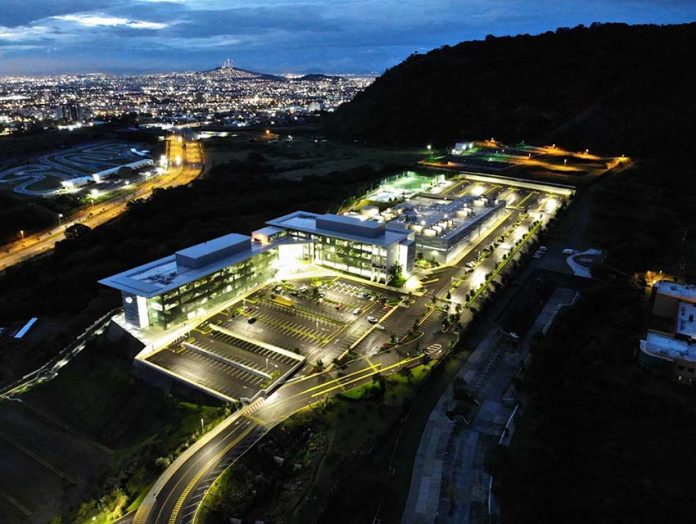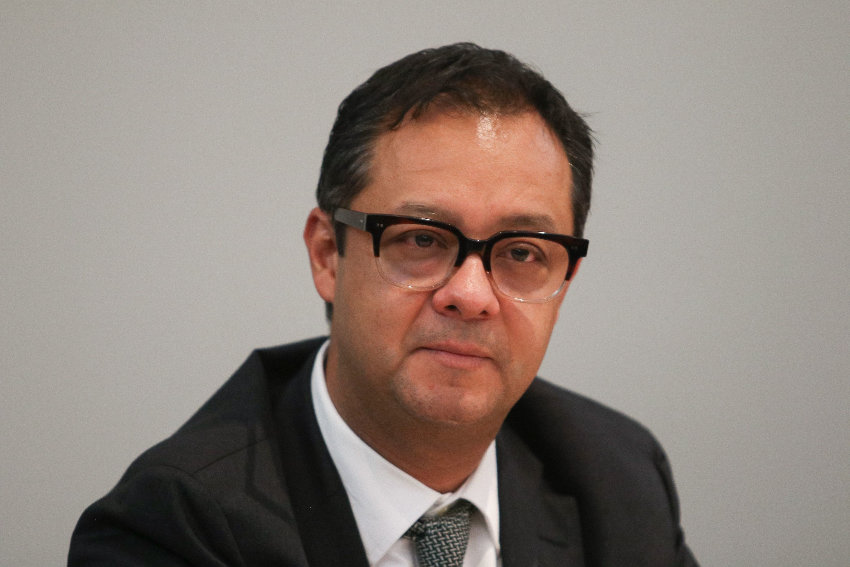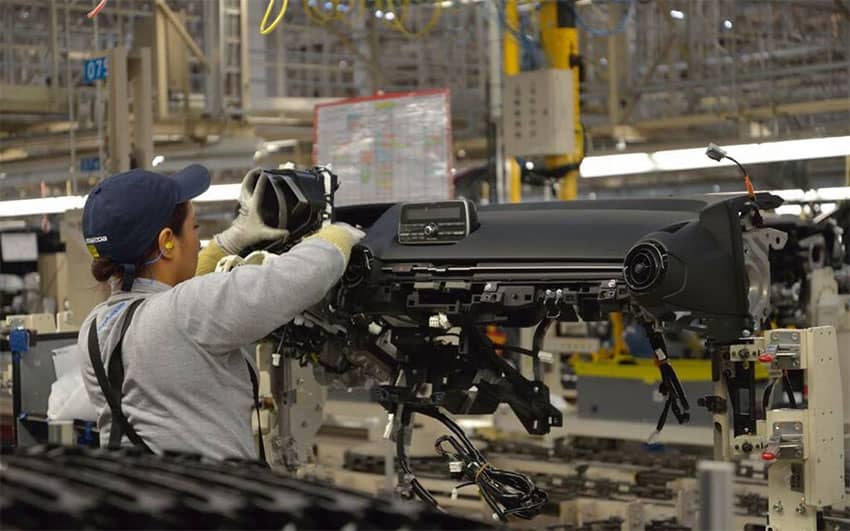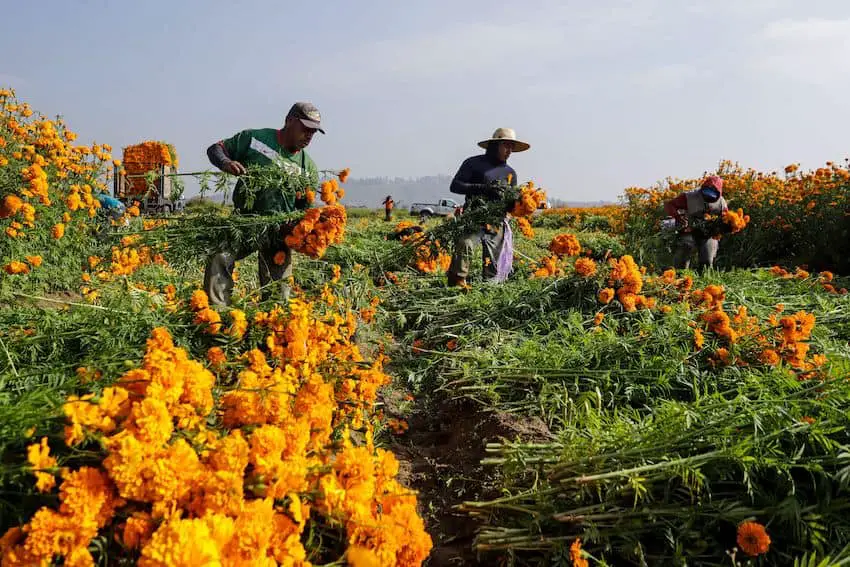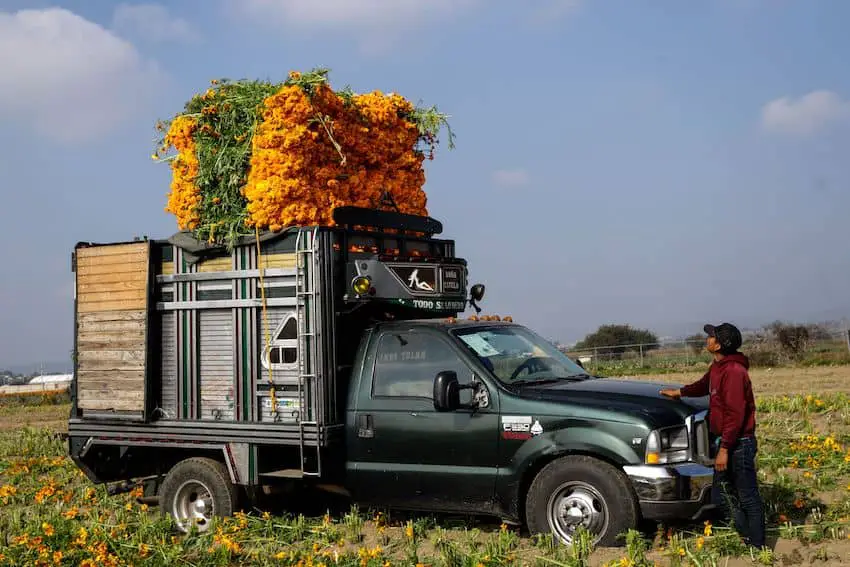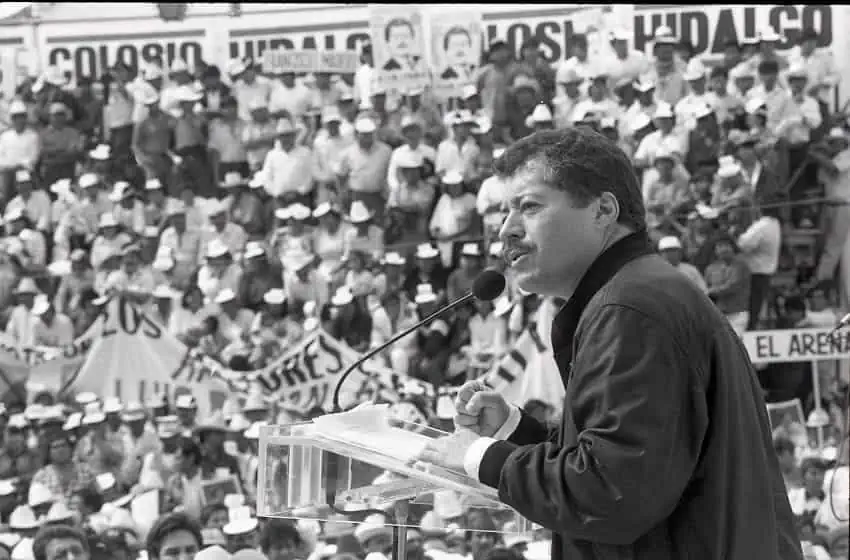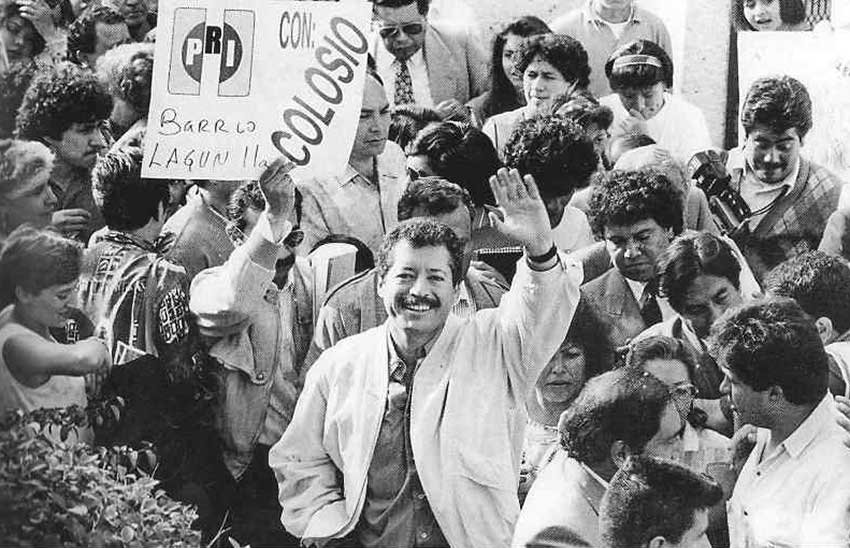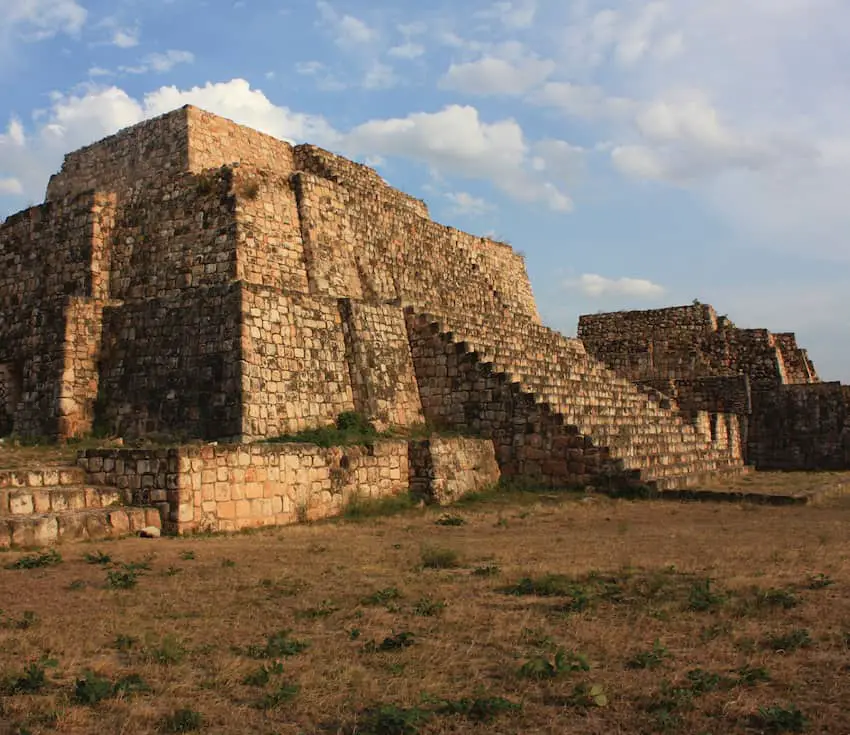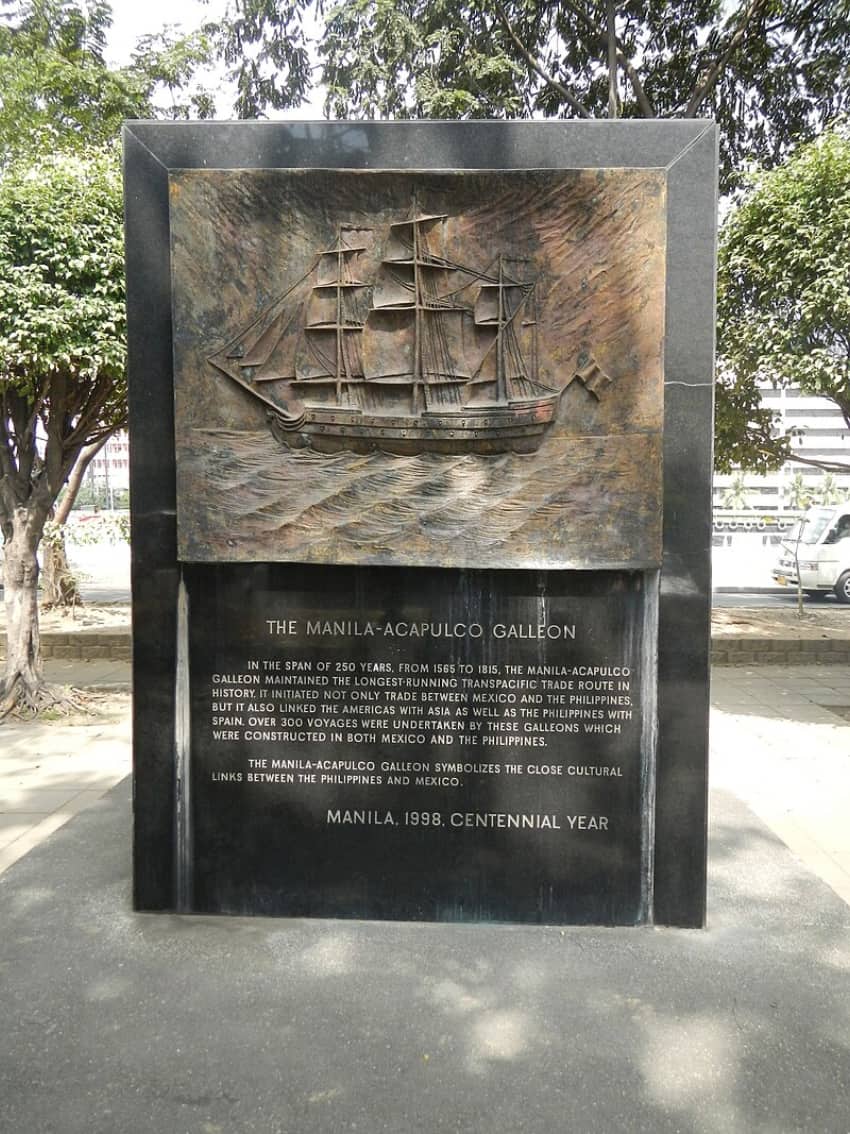The Texas government has begun inspecting all cargo trucks entering the United States via Nuevo León’s sole crossing into the Lone State State, according to business groups.
The Laredo, Texas, chapter of the COMCE Noreste foreign trade council and the National Customs Brokers & Forwarders Association of America (NCBFAA) reported that inspections of trucks by the Texas Department of Public Safety (DPS) started at the Laredo-Colombia Solidarity International Bridge at 8 a.m. Thursday.

The DPS is already conducting stringent inspections of trucks entering Texas at border crossings between Ciudad Juárez, Chihuahua, and El Paso.
The measure, aimed at detecting the illegal entry of migrants and narcotics, has caused lengthy delays for northbound trucks.
The NCBFAA said in a message to its members that it had been notified that Governor Greg Abbott had ordered inspections of 100% of trucks entering Texas via the crossing in Colombia, a border town in Anáhuac, the only Nuevo León municipality that borders the U.S.
The newspaper El Financiero reported that United States Customs and Border Protection confirmed that information via email.

Eduardo Garza, president of the COMCE Noreste chapter in Laredo, said that the inspections will “saturate” the border crossing. He indicated that the measure isn’t necessary, saying that “neither the Colombia bridge nor Nuevo León has problems with migrants.”
COMCE Noreste said in a statement that “considerable delays” were expected.
Zelina Fernández, director of the Nuevo León chapter of the National Maquiladora Industry Council, said she had spoken to officials with Codefront – the Corporation for the Development of the Border Area of Nuevo León – and was told that the inspections would last until Sunday. She also said there was no “issue” with migrants at the Colombia-Laredo bridge and nearby crossings.
Texas has previously conducted inspections of northbound freight trucks, including in May as the United States pandemic-era Title 42 migration expulsion policy was ending.
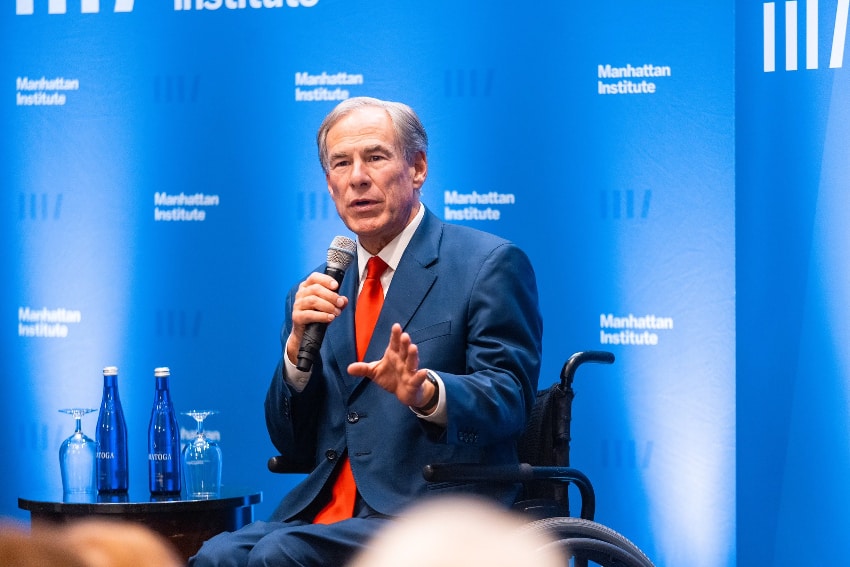
Governor Abbott frequently accuses United States President Joe Biden of failing to secure the southern border with Mexico, and his government – which as of early Thursday afternoon hadn’t commented on the truck inspections at the Colombia-Laredo crossing – has implemented its own anti-migration measures.
“Texas has built miles of border wall to stop illegal entry into our state and our nation. We will continue to do so until Joe Biden secures the border,” he wrote on the X social media platform on Wednesday.
On Monday, President López Obrador accused Abbott of acting irresponsibly and “trying to get a political advantage with these [anti-migration] measures.”
The Ministry of Foreign Affairs subsequently said that the federal government had sent a diplomatic note to the U.S. government urging it it to lobby the Texas government “to stop the exhaustive inspections” of cargo trucks at crossings in the El Paso area as well as that between Ciudad Acuña, Coahuila, and Del Rio, Texas.
With reports from Reforma and El Financiero





